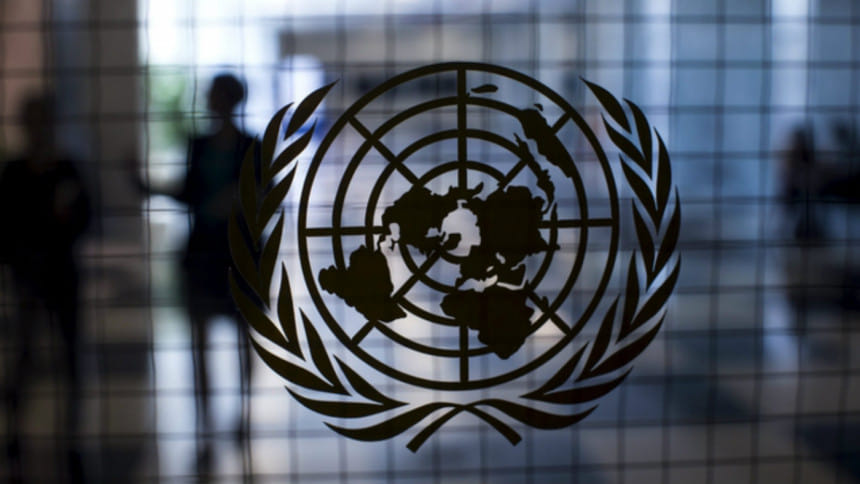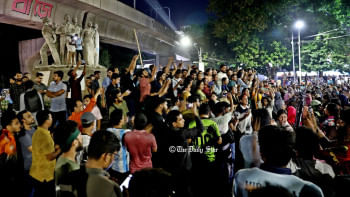World leaders set to adopt UN goals

Leaders from nearly 200 nations were poised on Friday to adopt a sweeping plank of global goals to combat poverty, inequality and climate change in the broadest and most comprehensive effort ever by the United Nations to tackle the world's ills.
Adoption of the 17 Sustainable Development Goals, or SDGs, caps three years of brainstorming and negotiations with input from nearly every corner of the world, organizers say, and provides a roadmap for countries to finance and create change.
The 15-year objectives aim to end poverty, combat inequality, protect human rights, promote gender equality, protect the planet and create conditions for sustainable growth and shared peace and prosperity.
They replace the previous UN action plan, the Millennium Development Goals, which were adopted in 2000.
Supporters say the SDGs go much further by addressing the root causes of such issues as poverty and by looking at means as well as ends. They also are intended to be universal rather than applied only to the developing world.
The 193 member nations are scheduled to adopt the SDGs on Friday following a morning address by Pope Francis and a performance by Colombian singer Shakira singing "Imagine."
The adoption of the goals is far from a rubber-stamp event, said Amina Mohammed, Assistant Secretary-General and Special Advisor on Post-2015 Development Planning.
Rather, she and other UN officials will be listening intently to world leaders speaking during the three-day SDG summit which wraps up on Sunday.
"My greatest worry is that we don't get clarity in terms of the commitments from leaders to this agenda," she told the Thomson Reuters Foundation.
"The problems are huge so the response has got to be huge."
Once the summit ends, the task is getting the goals, along with their 169 accompanying targets, incorporated into programs, policies and parliaments in member nations.
"Now implementation is everything," said Helen Clark, administrator of the United Nations Development Programme and former New Zealand prime minister.
"These goals will or won't happen depending on whether governments decide to take them seriously."
But Clark added that she sees the goals as "a sign of hope for the world".
Much is riding on the SDGs and their future, Mohammed said.
"If we miss this opportunity, it's not the end of the world but it's going to be a far more miserable world, and nobody's going to be very happy with that," she said.
Implementation of the new goals, requiring trillions of dollars in investment, will be monitored and reviewed using a set of global indicators to be agreed by March 2016.

 For all latest news, follow The Daily Star's Google News channel.
For all latest news, follow The Daily Star's Google News channel. 



Comments